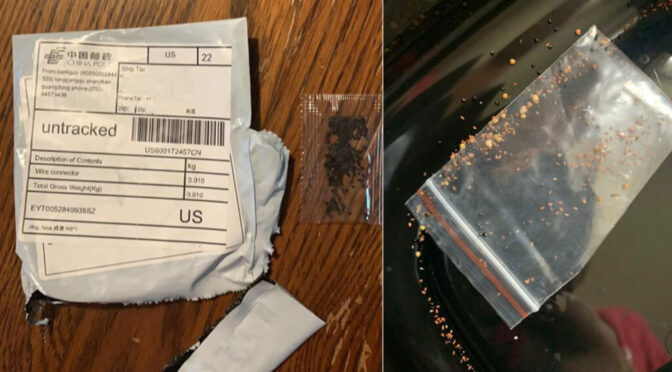TOPEKA – The Kansas Department of Health and Environment (KDHE) has amended its travel quarantine list. Florida as well as those countries with a CDC Level 3 Travel Health Notice with restrictions remain, but Arizona, Bahrain and French Guiana are removed effective today. Those traveling internationally are subject to CDC re-entry guidance and protocols.
This list is effective for all persons returning to or entering Kansas on the effective dates. The state will review/update this list every two weeks. A comprehensive list of those individuals needing to quarantine for 14 days includes visitors and Kansans who have:
Traveled to:
- Florida on or after June 29.
- Arizona between June 17 – July 27.
- Been on a cruise ship or river cruise on or after March 15.
- International travel to Bahrain or French Guiana July 14 – July 26.
- International travel on or after July 14 to countries with a CDC Level 3 Travel Health Notice, including China, Iran, European Schengen area, United Kingdom, Republic of Ireland and Brazil. International travelers must follow CDC guidance and protocols.
Others needing to continue quarantining:
- Anyone subject to a travel-related quarantine for a state or country previously on the travel-related quarantine list must complete their 14-day quarantine period.
- Received notification from public health officials (state or local) that you are a close contact of a laboratory-confirmed case of COVID-19.
“It’s important to remember that traveling comes with risks,” Dr. Lee Norman, KDHE Secretary said. “We encourage those thinking about traveling to review their options, determine its necessity and if choosing to go, remember to still take precautions: wear a mask, socially distance and avoid mass gatherings.”
States added to this list are determined by evaluating new cases in states over a two-week period, then adjusting for population size, giving a case per 100,000 population which can then be compared to the rate in Kansas. States with significantly higher rates (approximately three times higher) are added to the list. Kansas’ rate was 223 cases per 100,000 population; whereas Florida’s is currently 717 cases per 100,000 population.
Travel quarantines do not prohibit travel through Kansas. People from these locations may still travel through Kansas. If this is done, KDHE recommends limited stops, wearing a mask at rest stops or when getting gas and being six feet from others when doing so. If the destination is Kansas, they would be required to quarantine upon arrival to their destination.
Critical infrastructure sector employees who have travelled to these destinations should contact their local health department regarding instructions for application of these quarantine orders while working. Critical infrastructure employees, such as public health, law enforcement, food supply, etc., need to have the staffing resources to continue serving Kansans so the local health department may allow a modified quarantine. Please note the only exemption for these quarantine mandates for critical infrastructure sector employees is work – they are not to go any other locations outside of work.
For more information on COVID-19, please visit the KDHE website at www.kdhe.ks.gov/coronavirus.

